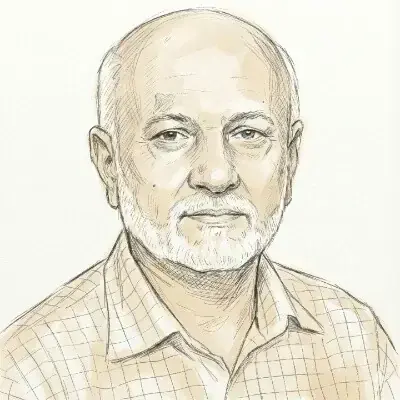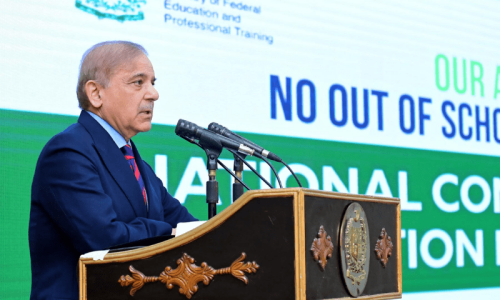ISLAMABAD: A new Unesco report reveals that the global out-of-school population has decreased by only one per cent over the past decade, citing chronic under-investment in education, especially in low- and lower-middle-income countries, as a key contributing factor.
The UN agency’s ‘Global Education Report 2024’ says the public education expenditure globally fell by 0.4 percentage points of GDP between 2015 and 2022.
According to the report published on Friday, enrolment at age five has stagnated at around 75 per cent for the past decade. Globally, 251 million children and youth remain out of school, a reduction of just one per cent since 201, of which 129m are boys and 122m girls.
Since 2015, 110m more children, adolescents and youth have gone to school. Completion rates are also rising: 40m more young people are completing secondary school today than in 2015.
The share of education in total public expenditure decreased by 0.6 percentage points — from 13.2pc in 201 to 12.6pc in 2022. Education spending per child has largely stayed the same since 1970, while the share of aid going to education dropped from 9.3pc in 2019 to 7.6pc in 2022.
The report says that climate change poses challenges to infrastructure and curricula. “Globally, almost one in four primary schools do not even have access to basic drinking water, sanitation and hygiene, yet governments need to also make more extensive investments to protect students and schools from rising temperatures and natural disasters.”
A new indicator, which monitors green education content, shows that climate change education needs to be taught more in the earlier grades and across more subjects than just science, according to the report.
The secondary completion rate has increased from 53pc in 2015 to 59pc in 2023. Globally, 650m leave school without a secondary school certificate. Wealth gaps in secondary completion rates grew between the richest and the poorest by 10 percentage points from 2010 to 2022 in low- and middle-income countries.
The percentage of adults with at least secondary education has increased on average by five percentage points in the past 10 years.
Published in Dawn, November 3rd, 2024



































